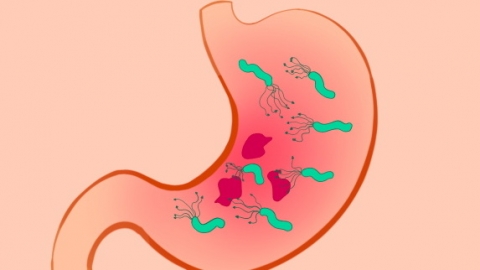Is a positive Helicobacter pylori test serious?
Generally speaking, the severity of a positive Helicobacter pylori test result should be determined based on the patient's specific symptoms. If discomfort occurs, prompt medical consultation and treatment at a regular hospital are recommended. Detailed analysis is as follows:

If no obvious discomfort, such as stomach pain, bloating, or acid reflux occurs after infection, the condition is usually not considered serious. These cases are often discovered incidentally during physical examinations, and the bacteria may only mildly colonize without causing significant damage to the gastric mucosa. Serious health problems are unlikely to arise immediately, but regular monitoring and observation of physical changes are still necessary.
If persistent stomach pain, frequent acid reflux, nausea, vomiting, or reduced appetite occur, the situation is relatively complex. The bacteria may have caused inflammation or ulcers in the gastric mucosa, and long-term neglect could increase the risk of diseases such as gastric mucosa-associated lymphoid tissue (MALT) lymphoma. Prompt medical evaluation and appropriate interventions are necessary.
In daily life, attention should be paid to food hygiene, sharing of eating utensils and cups should be avoided to reduce the possibility of cross-infection; eating habits should be kept regular, and excessive consumption of spicy or irritating foods should be avoided. After diagnosis, the prescribed treatment course should be completed according to medical advice, without discontinuing medication or altering the treatment plan arbitrarily. Regular follow-up examinations after stopping medication are necessary to confirm the effectiveness of eradication.






